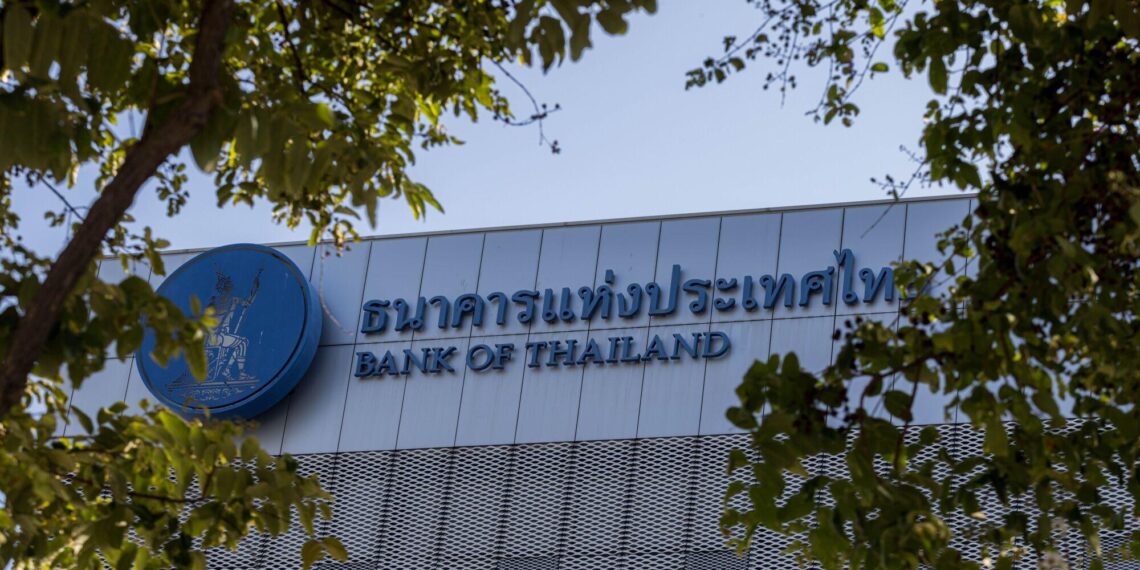No products in the basket.
The Bank of Thailand has confirmed its intervention in the baht’s value, using it as a measure to control the currency’s strength against the US dollar.
Key takeaways
- The Bank of Thailand is taking action to manage the baht’s value, using this approach to regulate the currency’s strength in relation to the US dollar.
- The Bank of Thailand’s international reserves increased significantly in August, reaching $235.6 billion, due to the intervention in the baht and the dollar’s depreciation.
- The appreciation of the baht affected exporters but not the tourism sector in the last quarter of the year; the number of foreign tourists in August remained stable with a slight decrease of 0.1% compared to the previous month.
Chayawadee Chai-anant, the deputy governor of the central bank’s corporate relations group, explained that the entity intervened in the baht’s exchange rate, ensuring its fluctuations align appropriately with those of regional currencies.
The official reported that the increase in the Bank of Thailand’s international reserves was attributed to two main factors: the intervention in the baht and the depreciation of the dollar.
Central bank data reported that gross international reserves rose to $235.6 billion in August, up from $230.6 billion in July and $224 billion in June.
Meanwhile, net international reserves recorded a value of $262 billion in August, up from $258 billion in July and $252.6 billion in June.
Chai-anant added that although the baht’s appreciation against the dollar positions it as a leading currency in the region, it is still behind the Malaysian ringgit.
According to the official, the baht’s appreciation against the dollar has various implications for local businesses. For example, a stronger baht can reduce exporters’ revenues due to currency conversion, especially for those using domestic exchange hedges.
However, he explained that it is unlikely that a stronger baht will negatively impact the tourism sector in the last quarter of this year. Traditionally, during this high season, foreign travelers anticipate a firmer baht against the dollar, allowing them to better manage their expenses while visiting Thailand.
The central bank reported that the number of foreign tourists in August, after seasonal adjustment, reached 3 million, a slight decrease of 0.1% compared to the previous month.
During August, the Bank of Thailand indicated that overall economic activity in Thailand remained consistent with the previous month.
However, the number of foreign tourists decreased, particularly from China and Malaysia, after an increase in arrivals in previous months.
Discover more from Thailand Business News
Subscribe to get the latest posts sent to your email.













